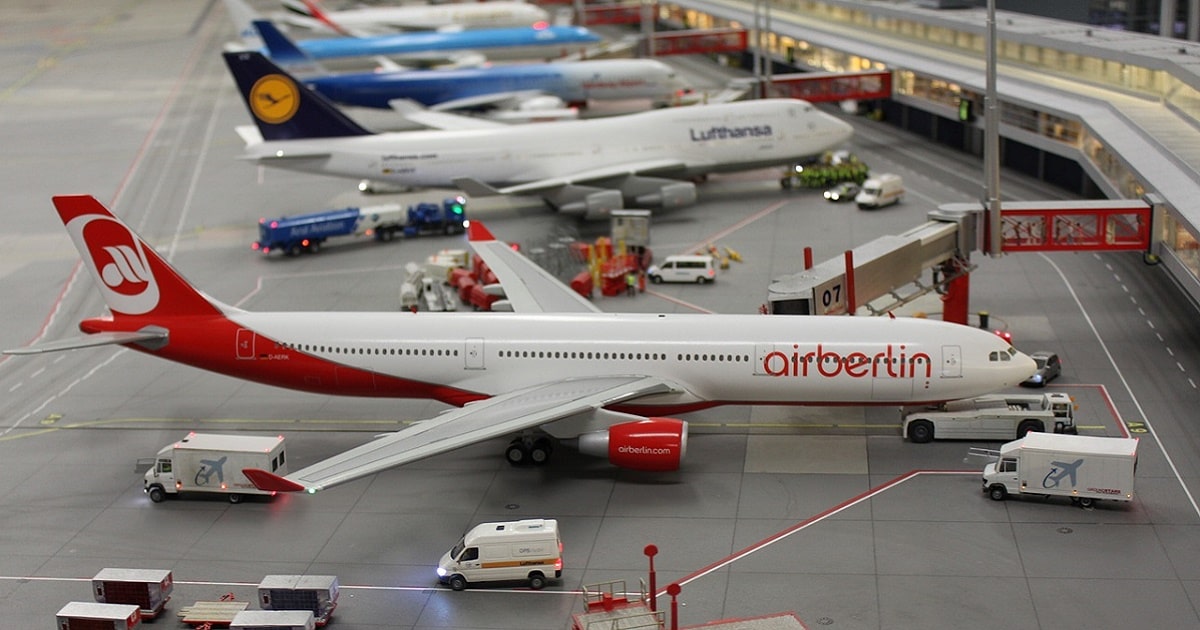New Rules For International Travel Into Canada, Come Into Effect Sept.7th
- TDS News
- Canada
- World News
- September 4, 2021

Tourists will need to be fully vaccinated to enter Canada.
As was announced on July 19, the Government of Canada will allow fully vaccinated foreign nationals meeting the conditions to enter Canada for discretionary (non-essential) purposes starting on September 7, 2021. This decision is based on the latest available data, scientific evidence and epidemiological situation both in Canada and internationally.
At each step of Canada’s phased approach to easing border measures, the public health indicators and importation of cases at the border and variants of concern among incoming travellers have been monitored. For instance, as the volume of travellers has increased in recent months, the border test positivity rate has remained low. Between August 9 and 26, the positivity rate for fully vaccinated travellers randomly selected for testing at the border was 0.19% (112 positive tests out of 58,878 completed). While cases are currently increasing in Canada, the illness severity and hospitalization rates remain manageable as Canada’s vaccination rates continue to rise. This data along with continued adherence to public health measures by Canadians and incoming travellers means that Canada is better able to prevent outbreaks of infection and can now allow more incoming fully vaccinated travellers without increasing the risk to the health and safety of Canadians.
Beginning at 12:01 am EDT on September 7, 2021, fully vaccinated foreign nationals will be eligible to enter Canada for discretionary (non-essential) reasons, such as tourism; however, these individuals must:
- be fully vaccinated: a traveller must have received, and show proof of, the full series of a vaccine — or combination of vaccines — accepted by the Government of Canada at least 14 days prior to entering Canada
- Currently, those vaccines are manufactured by Pfizer-BioNTech, Moderna, AstraZeneca/COVISHIELD, and Janssen (Johnson & Johnson)
- have a valid pre-arrival COVID-19 molecular test result taken no more than 72 hours before their scheduled flight or their arrival at the land border crossing, or a previous positive test result taken between 14 and 180 days before departure to Canada. Antigen tests, often called “rapid tests,” are not accepted
- be asymptomatic
- submit their mandatory information via ArriveCAN (App or website), including proof of vaccination in English or French and a quarantine plan
- be admissible under the Immigration and Refugee Protection Act, and
- take a test on arrival, if selected
Since August 9, unvaccinated children under 12 years of age of fully vaccinated parents and/or guardians are exempt from quarantine when accompanied by their fully vaccinated parent(s)/guardian(s), but must follow enhanced public health measures, which includes not attending daycare or school for 14 days.
Unvaccinated children between the ages of 12 to 17 and dependent children 18 or older (due to a mental or physical condition) are permitted to enter Canada with their fully vaccinated parent(s) and/or guardian(s) but are subject to the 14-day quarantine.
All unvaccinated children (except those under 5 years of age) will remain subject to day 1 and day 8 testing requirements. Provinces and territories may have more stringent rules for people who have recently returned from travel.
Travellers should ensure they are using the updated version of ArriveCAN (available as of September 7, 2021, at 12:01 am EDT) and include unvaccinated children under 18 years and dependent adults in their ArriveCAN submission.








